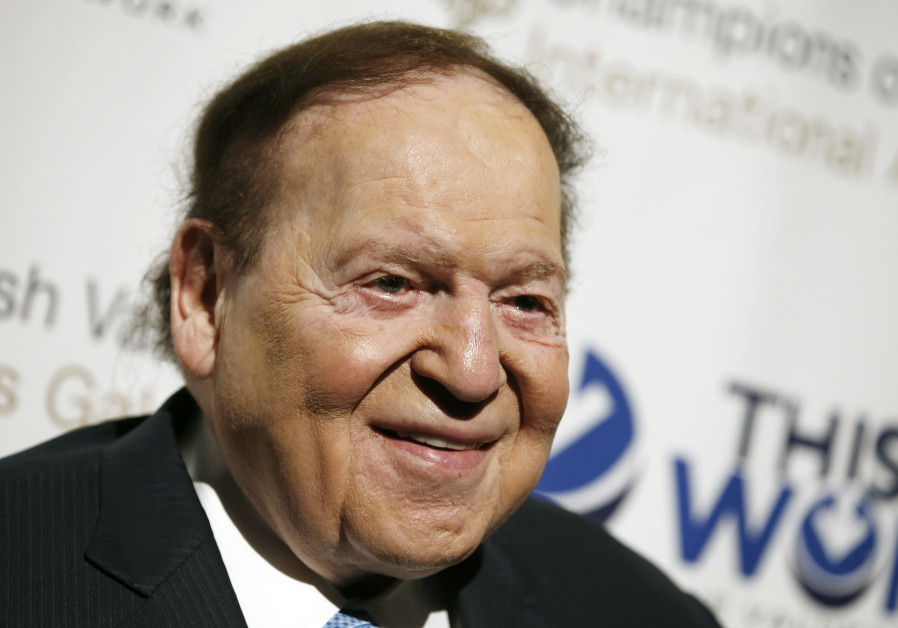Palestinians resuscitate civil damage case against Adelson in US court

Sheldon Adelson, a casino magnate and major backer of pro-Israel causes.. (photo credit: REUTERS)
Join Jerusalem Post Premium Plus now for just $5 and upgrade your experience with an ads-free website and exclusive content. Click here>>






Comments are closed.